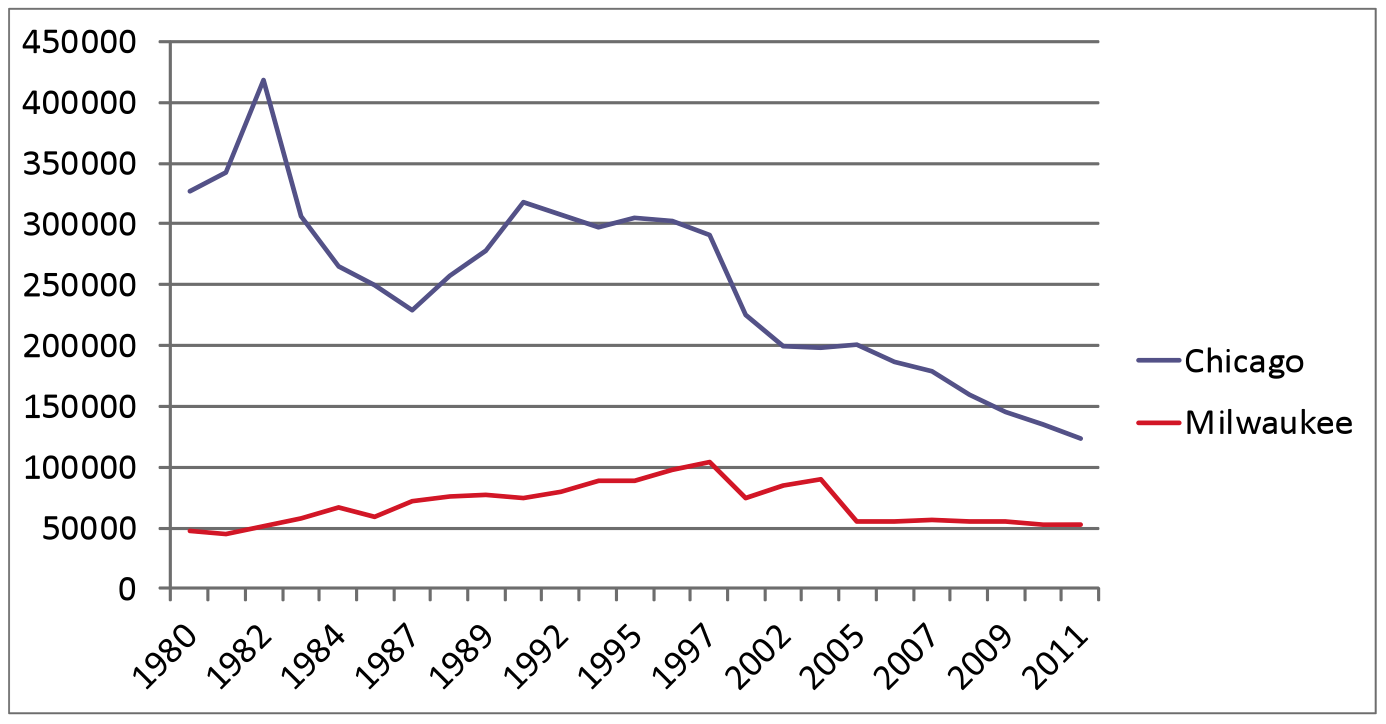Surely you’ve noticed when flipping through TV channels the reality show Dog the Bounty Hunter on A&E. The show centers upon Duane “Dog” Chapman—a bearded, tattooed, and bemulleted bounty hunter—as he and his family of fellow bail enforcement agents apprehend fugitives in sunny Hawaii. Chapman has gotten a fair amount of publicity outside of his show, including a Paula Deen-esque racial slur controversy (unlike Deen, he had no merchandising empire to lose) that resulted in the temporary cancellation of his show, and for being arrested and briefly imprisoned in Mexico for illegally capturing celebrity fugitive Andrew Luster.
Like most reality shows, Dog the Bounty Hunter follows a set format. It begins with a briefing, where we are introduced to the fugitive’s criminal history. Next comes an investigation, which generally involves phone calls and visits to former neighbors and family members. Each episode’s climax is generally the discovery and capture of the bail jumper. The show then shifts from action to tear-jerking drama, with Dog and family providing homespun advice to the re-apprehended fugitive about taking responsibility for life, finding a job, and quitting drugs. “Smoke brah?” counselor-mode Dog asks, slipping a cigarette into the handcuffed man’s mouth and lighting it for him. Typically, the fugitive’s family is present to provide tearful commentary on exactly where things went wrong. Dog the Bounty Hunter is sleazy, shamelessly tacky, and unquestionably entertaining.
Fast forward to Wisconsin, the summer of 2013.

